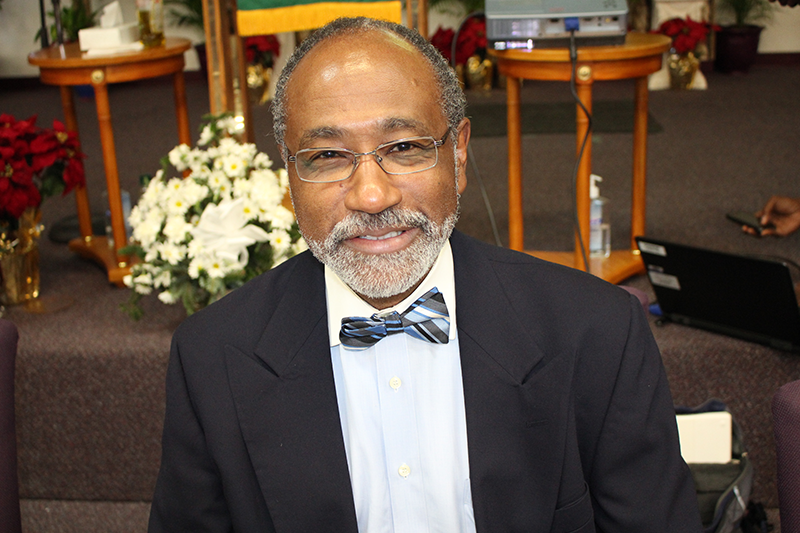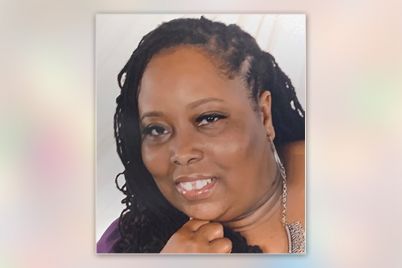Dr. Ricardo A. Davis, president, COQEBS
Dear Editor:
The Achievement Gap is a term used to describe an age-old phenomenon that precedes the infamous Brown vs. Board of Education decision in 1954. Time might have lulled us all into a state of normalization that is no longer met with righteous indignation, and it is not unique to any particular school district in the nation.
Although there has been some progress in closing the achievement gap in our K-12 system, our effort to eliminate or substantially reduce this disparity is a work in progress. It will require significantly more action at the pre-birth through Pre-k levels.
Existing research on the subject suggests that most brain development in children occurs during birth through age three period. The developmental and learning loss of children from disenfranchised communities occurs during the same period, contributing to this achievement gap later in life.
The early years in a child’s life are a crucial time for learning and development. Pre-kindergarten programs help provide the foundation for healthy growth and more advanced knowledge.
Research shows that early education leads to better outcomes in school and life. Children who attend high-quality pre-kindergarten programs are less likely to require special education services and more likely to read on grade level, graduate, and be successful in their careers.
Success in school has been in the front of mind for decades. In our K-12 system, we are tracking test scores and graduation rates known to predict future success. We often refer to the “achievement gap,” which begins with an “opportunity gap.”
Learning does not start in kindergarten. The foundation built during the first five years of a child’s life can put them on a path to academic success. This development begins before birth and the first three years are critical in brain development. Early learning programs in preschools, churches, libraries, and community centers support this early start.
The need to prepare children earlier with the highest quality resources available has never been more critical than now. COVID-19 has highlighted the fragile state many of our young learners may face once they begin kindergarten and the importance of programs such as Voluntary Pre-kindergarten (VPK) for families still in need of equal access to high-quality in learning their community.
Florida’s free Voluntary Pre-kindergarten program is designed to prepare all four-year-old’s for kindergarten and build the foundation for their educational success with skills such as:
- Develop social and emotional skills.
- Build language, literacy, and communication skills.
- Explore math and science.
- Discover the joy of learning through play.
All children who turn 4-years-old on or before Sept. 1 and reside in Florida are eligible. Families do not have to meet income criteria to participate in this program. Parents have the option of enrolling children in a school-year program or a full-day summer program.
Preparing a young child with the skills to succeed in school and life is not an easy task; however, there are programs available to help families ensure their children start school “ready.” Creating a village early to equip your child with all the skills can start them on the right path.
Families interested in VPK will need to apply for a Certificate of Eligibility (voucher) from the Early Learning Coalition. If you have questions, call 727-400-4411 or chat with a representative online at www.ELCPinellas.org.
Dr. Ricardo A. Davis, DBA
President, COQEBS








